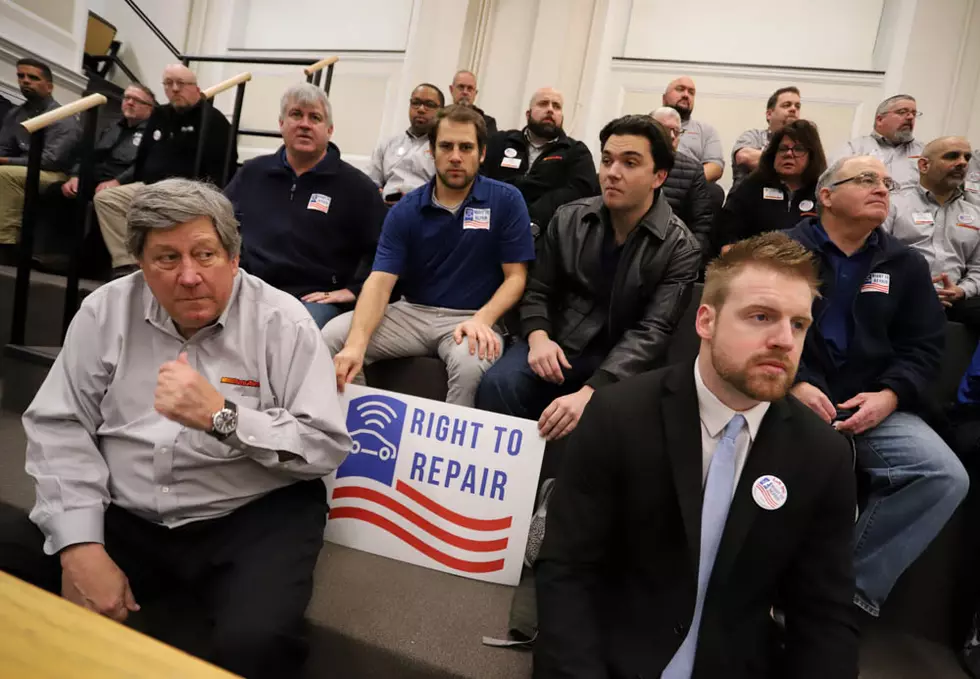
What to Know About Question 1 and ‘Right to Repair Law’ Vehicle Data Access

Connected vehicles; you may currently have one. They are also known as "smart cars" and feature electronic dashboards that use wireless transmission of data called telematics. Telematic systems send, receive, and track your car’s data such as driving behavior, location, and monitors your car’s health including any upcoming maintenance and repair information.
Right now, this data is not available to independent repair facilities, and car manufacturers are not currently legally obligated to share it.
The Right to Repair Bill was enacted in 2012. In short, it gives you the right to repair your car with any repair shop you choose, not just the manufacturers' dealer service center. In order for independent repair shops to fully service today’s connected vehicles or “smart cars," they need access to all of the information available. The new bill is asking that the Right to Repair Law now includes the wireless data collected by today’s vehicles; it will appear on the November 3 ballot as Question 1, "Right to Repair Law" Vehicle Data Access Requirement Initiative.
The 2020 ballot measure (Question 1) will extend repair rights to include the telematic information on new vehicles. Telematics is the real-time data your vehicle collects on its mechanical health, making maintenance easier by fixing problems before they worsen.
A YES vote on Question 1 would force the telematics data for vehicles to be made available to any mechanic by using a shared database of telematics. This gives non-dealer affiliated service centers an equal opportunity to alert a driver to a maintenance issue and schedule a repair.
A NO vote on Question 1 would make no change to the current Right to Repair law and keep telematic data from being shared.
What to Know About Right to Repair
More From WBSM-AM/AM 1420


![Shady Question 1 TV Ad Unwarranted [PHIL-OSOPHY]](http://townsquare.media/site/518/files/2020/09/Question-1.jpg?w=980&q=75)
![House Censure Vote Would Checkmate Republicans [OPINION]](http://townsquare.media/site/518/files/2019/11/GettyImages-1179197547.jpg?w=980&q=75)
![Don’t Fear Change, Embrace It [OPINION]](http://townsquare.media/site/518/files/2017/04/image1.jpg?w=980&q=75)
![Let’s Vote Big, New Bedford [OPINION]](http://townsquare.media/site/518/files/2017/10/Vote-Buttons.jpg?w=980&q=75)
![New Bedford Should Consider Voting for David Pimentel [OPINION]](http://townsquare.media/site/518/files/2019/09/Dave-Pimentel.png?w=980&q=75)
![City Council’s Removal Vote Is Beyond Their Legal Authority [OPINION]](http://townsquare.media/site/518/files/2019/09/Jasiel-Correia-2.png?w=980&q=75)

